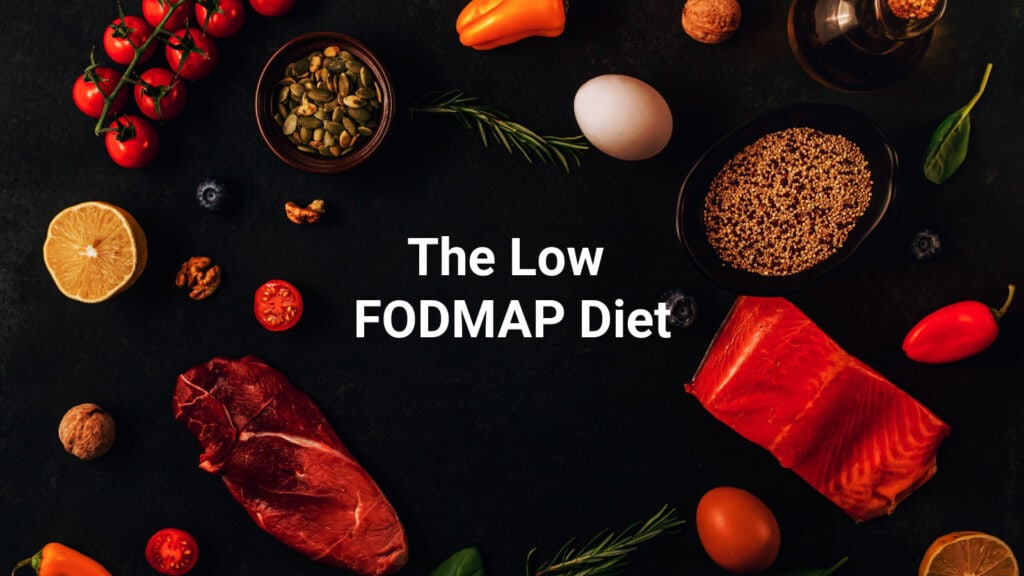Understanding IBS Subtypes and Tailored Treatment
When it comes to Irritable Bowel Syndrome (IBS), there’s no one-size-fits-all approach. IBS is a highly individualized condition, and the way it manifests can vary significantly from person to person. In this article, we’ll delve into the four distinct subtypes of IBS and explore how understanding your specific subtype can lead to more effective treatment strategies.
IBS Subtypes: Identifying Your Unique Type

Irritable Bowel Syndrome can be broadly categorized into four subtypes, each characterized by specific bowel habits. Recognizing which subtype, you fall into is crucial for tailoring your treatment plan effectively. Here are the four IBS subtypes:
IBS-D: Diarrhea-Predominant

For individuals with IBS-D, diarrhea is the predominant symptom. Frequent and urgent trips to the bathroom can disrupt daily life. Understanding your subtype allows for targeted interventions to manage diarrhea effectively.
IBS-C: Constipation-Predominant

On the other end of the spectrum is IBS-C, where constipation is the dominant issue. Difficulty passing stools and infrequent bowel movements are common. Tailored treatments can help alleviate these symptoms.
IBS-M: Mixed Bowel Habits

Some individuals experience alternating bouts of diarrhea and constipation. This subtype, known as IBS-M, presents unique challenges. Identifying it helps in finding strategies to regulate bowel habits.
IBS-U: Unclassified

In some cases, symptoms don’t neatly fit into any of the above categories. This is referred to as IBS-U, where symptoms vary widely. Personalized treatment is especially important here to address the specific issues you face.
The Low FODMAP Diet: A Game-Changer for IBS Management

The journey to understanding and managing your IBS subtype often begins with dietary changes. One approach that has shown promise is the Low FODMAP diet, which targets certain types of fermentable carbohydrates that can trigger IBS symptoms.
The Elimination Phase: Step One

The Low FODMAP diet typically starts with an Elimination Phase where high FODMAP foods are removed from your diet to a great degree. This phase can bring relief to many individuals, reducing symptoms by a significant margin.
Seeking Expert Guidance

While the Low FODMAP diet can be effective, it’s essential to seek guidance from a Monash University trained IBS Dietitian. They can help you navigate the complexities of the diet and tailor it to your specific subtype, ensuring a smoother and more sustainable journey.
Beyond the Diet: Tailored Approaches for Each Subtype

While diet plays a significant role, IBS management often extends beyond it. Each subtype may require additional, subtype-specific strategies. Here are some examples:
IBS-D: Managing Diarrhea

For IBS-D, paying attention to factors like insoluble fiber, sugar alcohols, and low FODMAP soluble fiber therapy can be instrumental in symptom control. These nuances are crucial to address effectively.
Individualized Care for IBS-C

Individuals with IBS-C may benefit from treatments aimed at alleviating constipation, such as specific dietary modifications and gentle movement.
The Role of Health Care Teams

In managing IBS, collaboration with a Monash University trained IBS Dietitian is invaluable. They can create a personalized treatment plan tailored to your specific subtype, optimizing your chances of success. Your gastroenterologist and dietitian each have their place in your medical care.
Understanding IBS: Diagnosis Matters

Diagnosing IBS is no longer a process of exclusion. The Rome IV Diagnostic Criteria provide a clear framework for identifying IBS based on recurrent abdominal pain and changes in bowel habits. Accurate diagnosis is essential to pinpoint your subtype and initiate targeted treatment.
Red Flags: When to Seek Medical Attention

While IBS is a common condition, certain symptoms should not be ignored, as they might indicate other underlying health issues. These red flags include:
- Unexplained weight loss
- Family history of bowel disease
- Rectal bleeding
- Anemia
- Fever
- Progressive or severe symptoms
- Vomiting
- Persistent daily watery diarrhea
- Age of onset of symptoms over 50 years of age curious
- Nocturnal bowel movements
If you experience any of these red flags, consult your healthcare provider promptly for a thorough evaluation.
The Takeaway

Understanding your specific IBS subtype is the first step towards effective management. It allows for tailored treatment strategies that can significantly improve your quality of life. Collaborate with a Monash University trained IBS Dietitian to create an individualized plan that addresses your unique needs and symptoms. Don’t let IBS control your life – take control of your health and well-being today.
Original article written by Jessica Roocroft RD for FODMAP Everyday.
Join Us

Join us on this empowering journey as we explore, celebrate, and elevate “her story.” The Queen Zone is not just a platform; it’s a community where women from all walks of life can come together, share their experiences, and inspire one another. Welcome to a space where the female experience takes center stage. Sign up for our newsletter so you don’t miss a thing, Queen!






